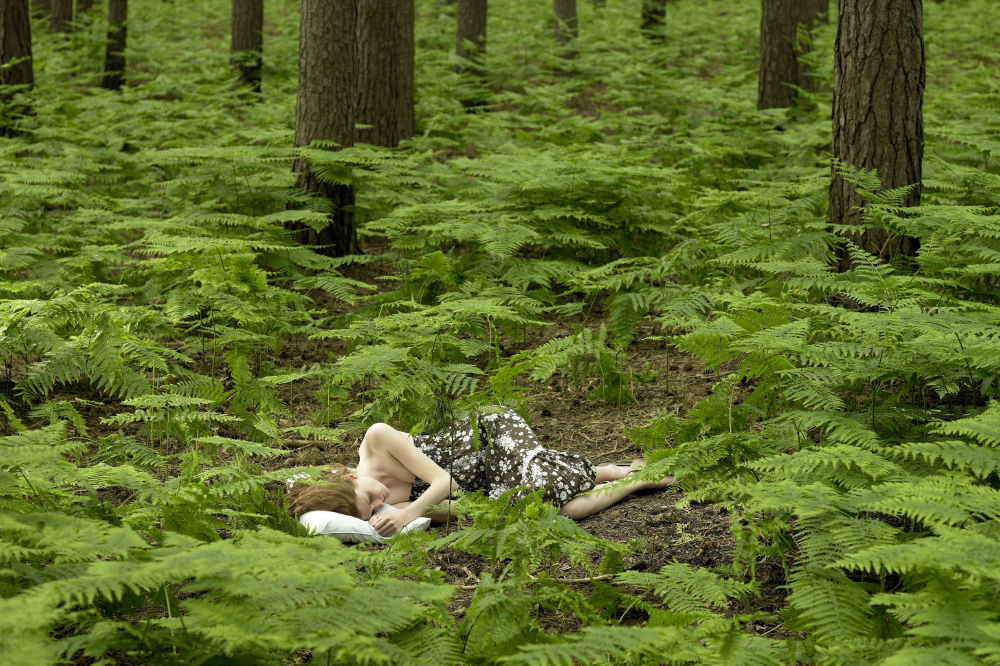Since 2009, over 10% of wildlife havens have been lost or left damaged according to The Wildlife Trust. They have recently said that these are becoming some 'worrying trends' when it comes to preserving natural habitats.

One day you may not be able to do this
The report -Secret Spaces: The Statuses of England's Local Wildlife Sites 2014 - has been published by The Wildlife Trust. The organisation publishes assessments of wildlife havens every three years and the result of the most recent report is shocking.
Wildlife sites are first identified as having a high nature conservation value, from ancient woodlands to meadows, flower rich roadsides and hedgerows.
Of the 6,590 wildlife sites that have been identified and continuously monitored, over 10% have been lost or damaged in the past 5 years.
The sites that are intact also face threats however as housing grows, new roads are installed and other infrastructure comes underway.
Stephen Trotter, director of the Wildlife Trusts, commented, "There is a real and pressing need for local wildlife sites - one of England's largest natural assets - to receive the recognition of their true value to society. In some counties they are the best places for wildlife but they continue to slip through our fingers like sand."
He requested that action be made to protect these areas of land to prevent further losses in the next five years of wildlife rich areas.
The Wildlife Trust also recommends that specific wildlife sites are restored and protected by creating local ecological networks and hitting targets for funding.
Head of living landscape at the Wildlife Trusts, Paul Wilkinson said, " Those local wildlife sites which are thriving are frequently a legacy of the goodwill and care of their landowners and managers and of decades of hard graft.
"We're making a recommendation for the provision and prioritisation of funding, resources, landowner advice and volunteer support - all of which are so desperately needed - underpinned by the Nature and Wellbeing Act."
Tagged in UK

